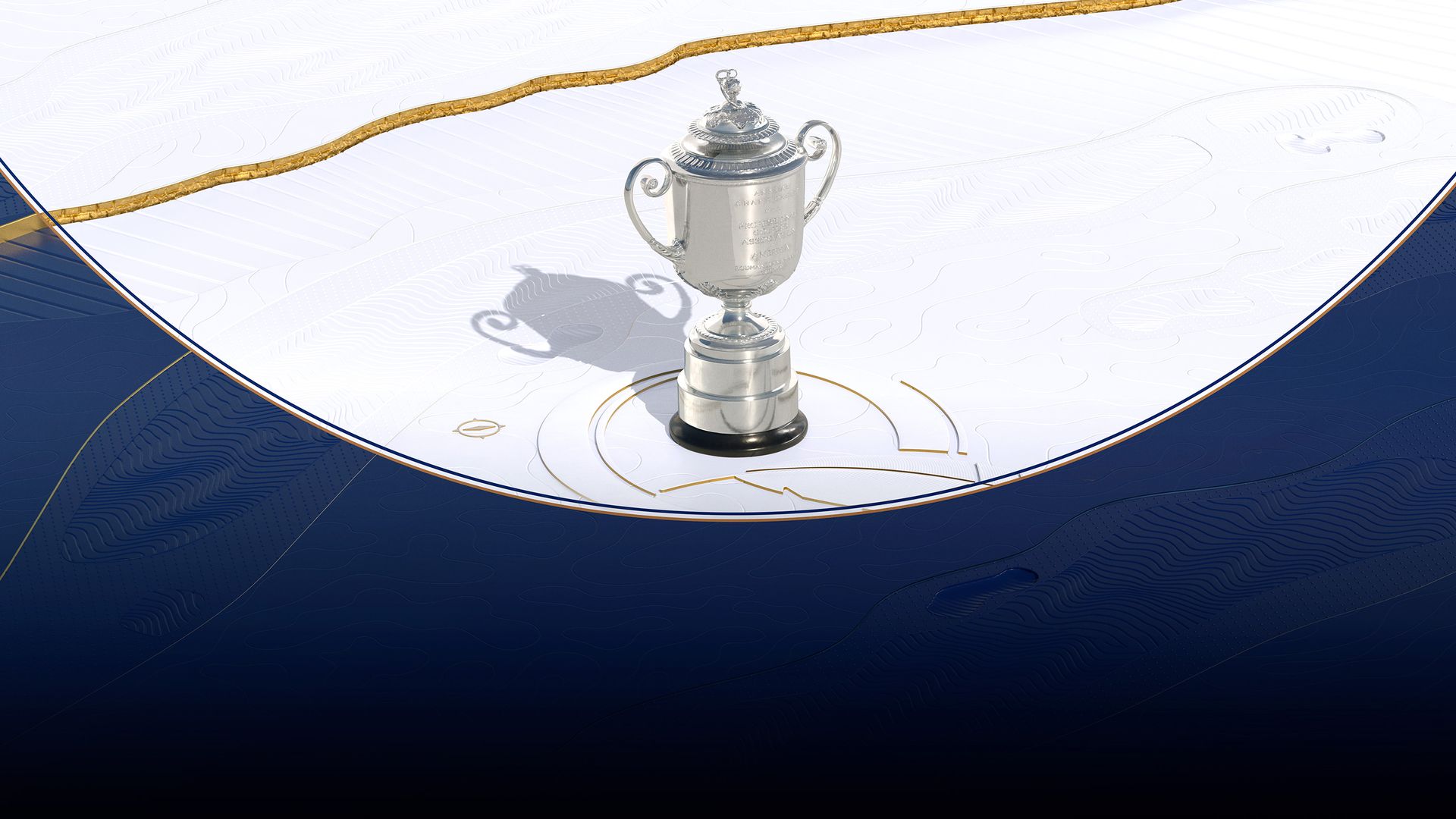-

FINAL ROUND STARTS 1PM ET
Who will conquer the Green Mile and take home the Wanamaker Trophy? Don't miss the end of this major championship! -

Live Tonight 7/6C
America's #1 television news program, presents hard-hitting investigative reports, newsmaker interviews, and in-depth profiles. -

CATCH UP ON THE LATEST SEASON
Justin Hartley stars as Colter Shaw, a trusted lone-wolf survivalist who uses his instincts to find the missing and collect rewards. -

CATCH UP ON THE LATEST SEASON
WATSON follows Dr. John Watson (Morris Chestnut) six months after Sherlock Holmes' death, as he leads a clinic for rare disorders. -

CATCH UP ON THE SERIES FINALE
A Los Angeles S.W.A.T. lieutenant balances loyalty to the job and to the streets where he grew up. -

NEW EPISODES NOW STREAMING
Two mob families clash in a war that threatens to topple empires and lives in the new Paramount+ Original Series.





